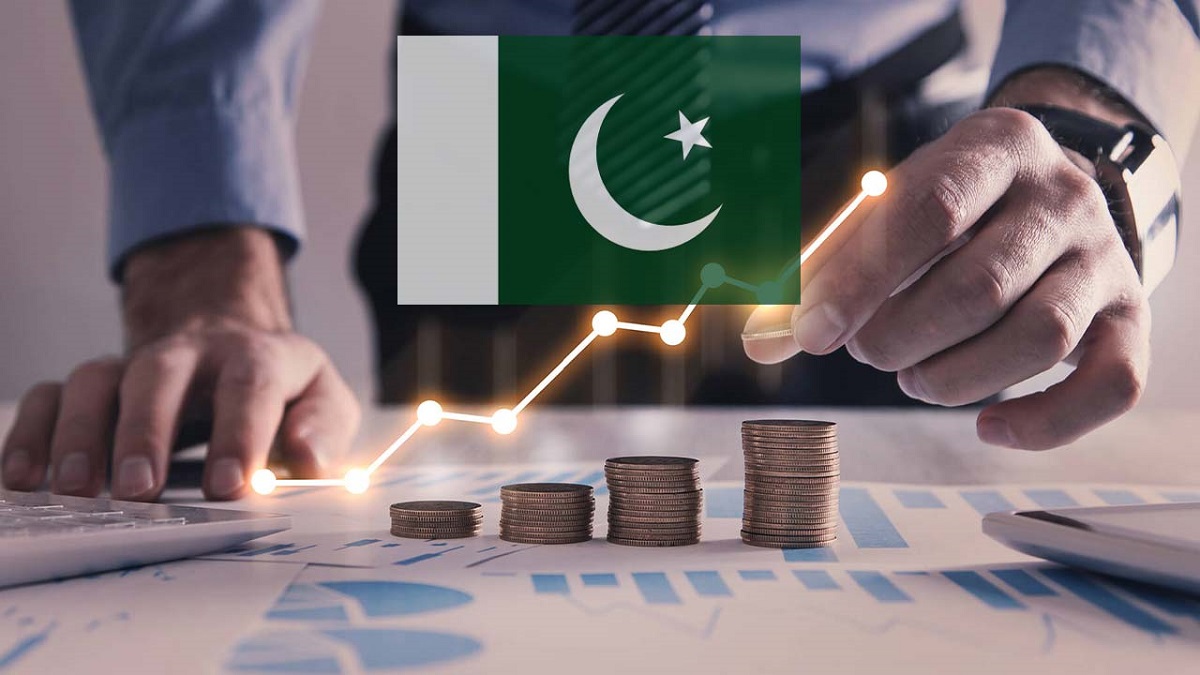Pakistan is preparing to introduce an extraordinarily expansionary budget for the fiscal year 2023-24, reaching around Rs14.6 trillion. This budget, marking an unprecedented 50% hike over this year’s approved budget, stems primarily from record-high interest payments.
Government sources disclosed that the budget deficit is projected to be approximately 7.4% of the Gross Domestic Product (GDP), although this remains 0.7% less than the revised deficit for the outgoing fiscal year. Over half of the budget will be dedicated to interest costs, signifying a considerable increase in financial burdens.
On combining the proposed defense budget from the Ministry of Defense, it is estimated that debt servicing and defense spending could consume roughly 64% of the budget.
Finance Minister Ishaq Dar commenced discussions on the 2023-24 budget proposal on Monday, with plans to present it to the National Assembly on June 9. If the federal budget deficit reaches the projected Rs7.8 trillion, it will be almost three-fourths higher than the original deficit target of the current fiscal year.
The federal primary deficit, calculated after accounting for interest costs, could stand at 0.3% of GDP, which is an improvement compared to the 0.7% estimated for this fiscal year.
Moreover, the Ministry of Finance proposed a 20% salary increment for employees. However, Dar deferred the decision to the federal cabinet, also instructing a review of the proposed Rs700 billion allocation for developmental spending in the coming fiscal year.
The Ministry of Planning has been unable to secure approval for this fiscal year’s provisional economic growth figure, leading to concerns about potential manipulation. The growth rate, according to the SBP model, remained slightly positive at 0.2% for this fiscal year.
The forthcoming fiscal year could witness a budget surge to Rs14.6 trillion, an increase by Rs5 trillion, or over 50%. Rising allocations for interest payments, defense spending, and stagnating tax-to-GDP ratio of the Federal Board of Revenue (FBR) are key factors driving this expansionary fiscal policy.
Read More: Influential Industrialists Seek to Resolve Political Impasse for Economic Stability
The Ministry of Finance suggested an allocation of Rs1.7 trillion for the defense budget. However, the Ministry of Defense has requested Rs1.92 trillion, which would result in a one-fourth increase compared to this fiscal year’s approved budget.
Amid these changes, inflation rates in April soared to a 59-year high of 36.4%. The average inflation rate is expected to remain around 21% in the next fiscal year, with budget figures indicating potential issues with endorsement from the International Monetary Fund due to debt burden concerns.
Federal government revenues are anticipated to rise by 25% to Rs11.8 trillion. After accounting for provincial shares, net federal government revenues are projected at Rs6.5 trillion.
The FBR’s tax target for the next fiscal year is projected at Rs9.2 trillion, a 24% increase. However, in relation to GDP size, it only accounts for 8.7%, insufficient to manage the growing public debt and finance expenses.
Regarding developmental spending, the planning ministry requested Rs1.2 trillion, although only Rs700 billion has been allocated thus far. The finance minister has instructed a review of this proposed allocation.
According to an official statement from the finance ministry, Dar is committed to providing a budget that benefits businesses and people, promising economic prosperity across all sectors of the economy and equitable resource distribution.



























